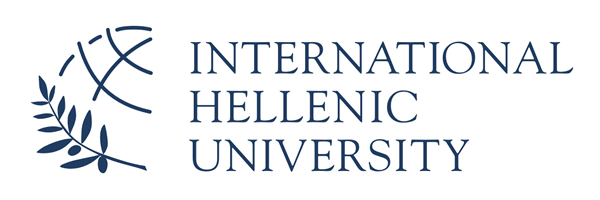The International Hellenic University (IHU) has educational and administrative facilities in eight cities. There are 7 Schools with 34 Departments in subjects and fields that meet the requirements of a modern university, over 40 laboratories, and over 50 postgraduate study programs (22 in English), some of which are cross-curricular or interdisciplinary.
There are also many collaborations with universities and research centers in Greece and abroad, while memoranda of cooperation have been signed with academic and social bodies, strengthening its position both in the Greek and European higher education sectors.
ΙHU organizes research activity through its own research Institutes, joint or affiliated institutes, as well as through nationally and internationally renowned research groups. Its scientific and technological infrastructures are dedicated to optimizing research by generating knowledge and promoting innovation. Both active and past research actions include several NSRF projects and INTERREG transnational partnerships as well as European frameworks like HORIZON 2020 and Marie Skłodowska-Curie’s actions. In particular, the Department of Chemistry/School of Sciences, which leads the SETOFF Project, aims to provide research-driven education through the technologically advanced laboratory of Hephaestus (HAL).
HAL is a medium-scale facility operating at the School of Science-Kavala campus of IHU, serving cross-sectional research and development in three main sections:
- Chemistry: addressed to material science, it covers the area of porous materials, from synthesis to characterization as well as nanotechnology
- Physics: with special focus on X-rays technologies for investigation of various phenomena utilizing combinational techniques and methods and
- Computer Science: facilitates GRID supercomputing center, with superior capabilities such as parallel computing and big data management. In addition, a Virtual Control Room (VCR) operates for educational and training purposes. Real-life, manmade, and natural disaster scenarios are utilized for training and preparing professionals how to anticipate a crisis and mitigate possible consequences of any catastrophe.
